And the Oscar goes to Internationalization!
Let's be honest, most people do not understand very well what is the Localization or Globalization of an application, a web page or a video game.
At best, when we explain what we do in this industry, at the end of our long explanation of what we do .... our interlocutor will look at us with a puzzled face and at the end, he will say: ah! You are a translator!
And the truth is that this industry in which we work is very niche! with many services and sub-services; complex to understand for the outsiders ... but among all the weird things that we talk, and do the G-localizers when we face the difficult task of culturally adapting a piece of software, there is a service that wins the Oscars to incomprehension ... And the Oscar goes to Internationalization!
Let's be honest, we are always complaining that outsiders do not understand our work, that they do not understand the services we offer, but .. whose fault is it? Even for me that I've been working in this industry for a few years it's very unlikely that I write (or pronounce) properly Internationalisation the first time! (thank you my dear word processor spellchecker …) who invented this word ?!
Well, enough of complaints! in the next paragraphs I will explain a series of basic concepts to understand what Software Internationalization is.
In future posts on this blog, I will expand on more advanced aspects of this sub-discipline of Software Globalization.
But …. little by little, today baby steps, and let's start with the definition
“Internationalization = i18_lettersN
i18N is the process of architecting, building and coding a product so that it can be localized without major engineering changes. It ensures that products are developed so that they are capable of supporting multiple languages, locales, regions, cultures, and conventions (i.e. currencies, laws, measurements etc.)”
Now even by looking at the definition is not very clear yet so let’s go into the meat!
We can think about I18N as the process to enable a product to be sold later on a global market. It’s the preparation phase of the code, it’s focusing on preparing the UI/UX so in the future when we translate our product into multiple languages our product can correctly handle locale-specific items such as date/time format, number format, time zone, currency, calendar differences.
I18N is all about inspecting the code, prepare code, anticipate the problems.
Now why I18N is so important, well, there are 3 powerful reasons!
- We save money
- We save time
- We save our inner energy. I18N makes our life easier!
What else!?
A bug that we captured during I18N is reducing the workload tremendously because if we are translating our app let say in 15 languages … if we have an I18N bug in English then our bug is going to be replicated 15 times, it’s always better to attach the problem at the root …
And according to different research the cost of fixing a bug in later stages it costs up to 100 times more than if we identify and fix the bug in early phases! If you don’t believe me, maybe this report from The Systems Science Institute at IBM might change your mind??
Source: http://blog.celerity.com/the-true-cost-of-a-software-bug
There are different levels of I18N and even different sub-services inside this discipline, i.e pseudo localization (check out my post about pseudo HERE), but as Covey said... things first let’s start with best practices.
The checklist for I18N is quite comprehensive. We can start with this very comprehensive list that Microsoft published here
For the one working in the video games industry, IGDA did a great job creating a framework for best practices for game localization. Check this PDF for the I18N best practices and this one to access to the whole framework http://www.igda.org/members/group_content_view.asp?group=121045&id=526230 kudos to IDGA guys, great job!
If you found those lists overwhelming have a look below to my top 5 recommendations.
- Externalize translatable content (extract translatable text and place it in resource files)
- Verify that input fields can handle special characters and unique language requirements (diacritical marks, b‐directional, double‐byte)
- Avoid string concatenation.
- Define string‐length limitations
- Design the GUI to be resizable or make sure there is room for expansion
Now we have explained why I18N is important … but what happens when the importance of I18N is neglected … well, in that case, be prepared for ugly bugs and be ready to have developers available to fix bugs and a QA partner ready to validate the quality of the product .. because a lack of I18N will produce results like this:
Credit to: a1qa Software, Microsoft and Pillar Global!
Last but not least the most famous I18N bug lately ….
The Telugu Apple bug! This is an I18n bug that has blocked hundreds of thousands of iOS terminals in the last few days ... it is a failure I18N related; it is so serious that it has forced the Cupertino to release a patch urgently!
Releasing a new iOS update it’s a gigantic effort, I cannot even imagine the associated cost for Apple to create this hotfix to put it asap in the market … not to mention the repercussion that this type of bugs has in the personal branding of a company. For example, this has been breaking news in important media such as BBC News or the Verge
If you want to dig deeper into this topic check out the following videos!
I hope that after reading this article it is a little clearer what the I18N is, and if not, do not worry! ... there will be more posts on the blog in the coming months talking about more topics related to the I18N.
See you soon and happy week!
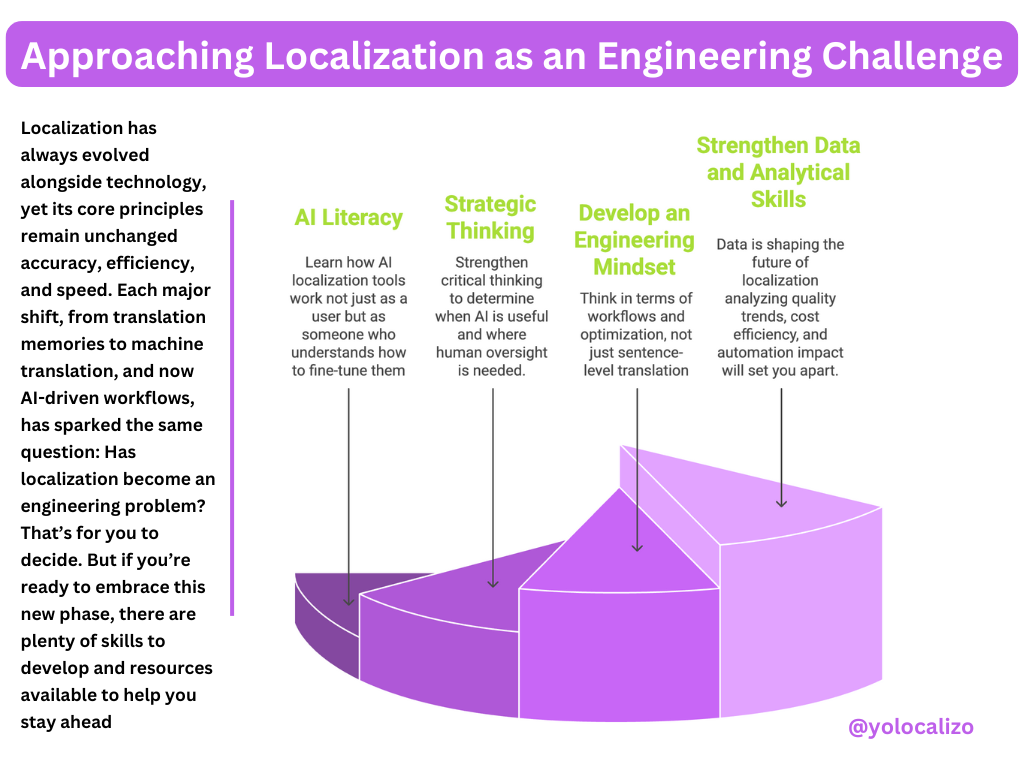
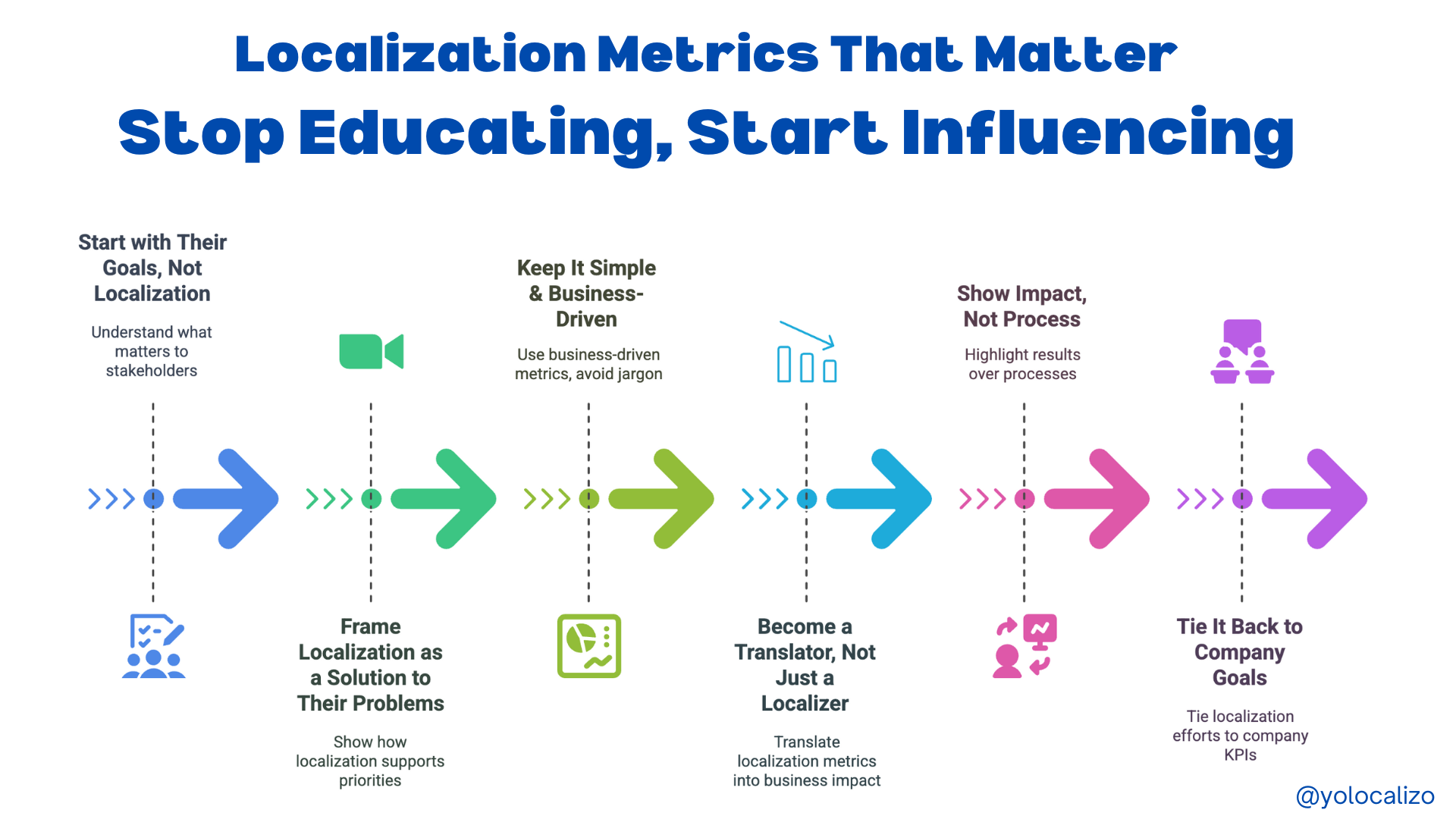


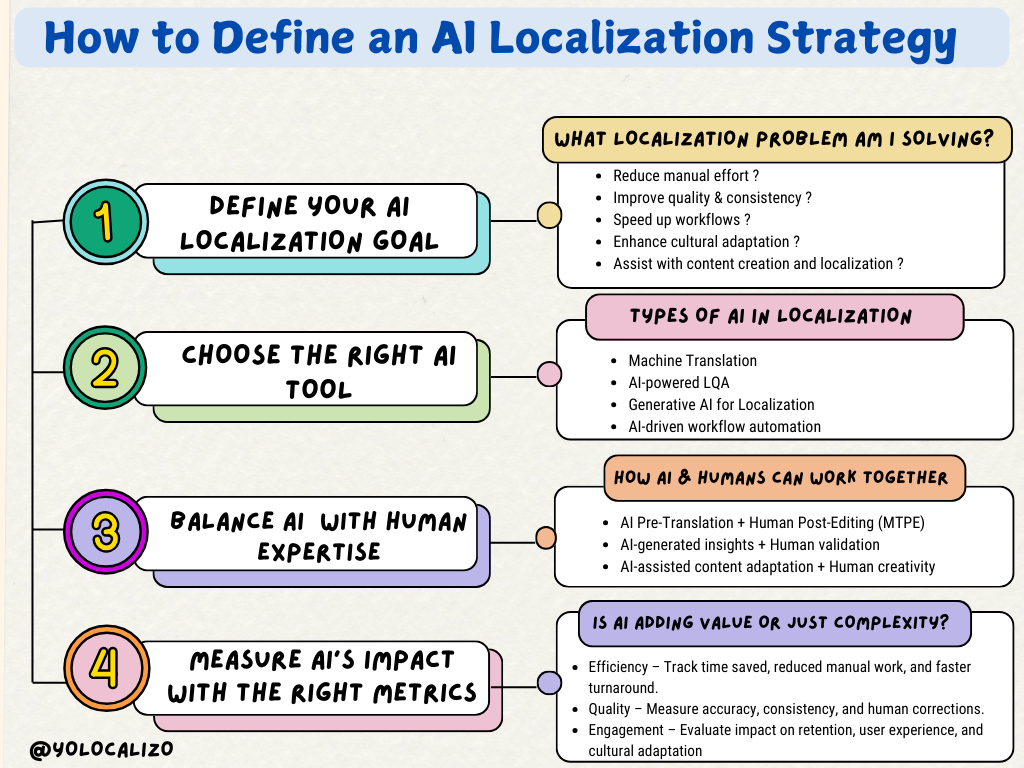








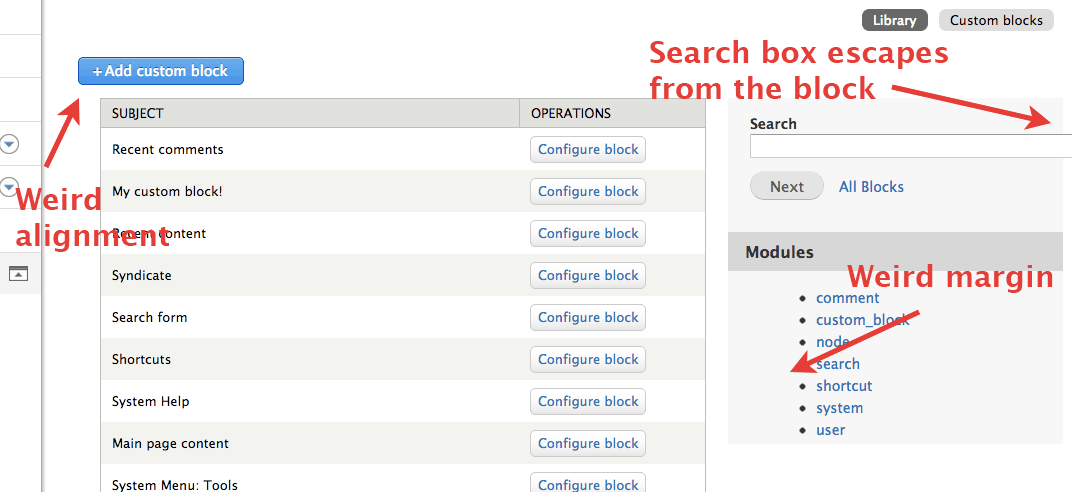

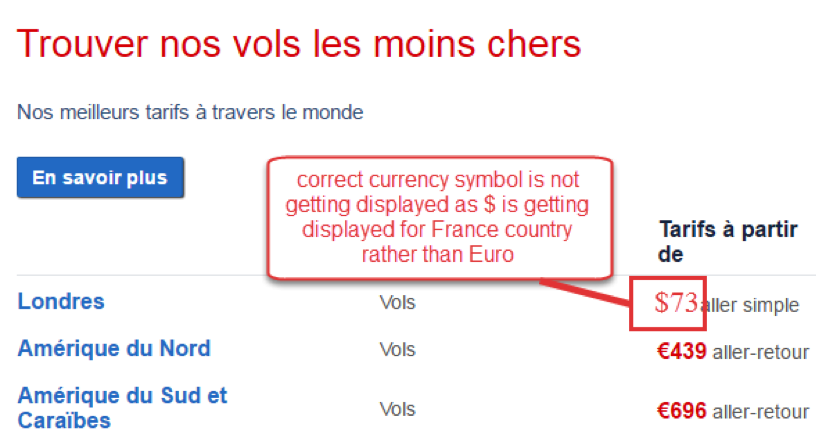



We all talk about the importance of localization metrics, but where do you actually get them?
This question hit me hard during a recent panel, and it made me realize something I had been overlooking.
If you’ve ever struggled to find the right data to prove localization’s value, this post is for you.